Talk Overview
In Part 1 of his lecture, Dr. Botstein gives an overview of the benefits for science and society derived from sequencing the genomes of multiple organisms, including humans. The sequences show that many genes have been conserved during evolution; a finding that allows scientists to study simple organisms such as yeast and relate their findings to mammalian biology. In addition, mining genome sequences has identified numerous genes involved in human disease, in some cases resulting in improved screening and treatment.
In his second lecture, Botstein describes experiments done in his lab studying, in yeast, the coordination of growth rate, stress response, metabolism and cell division. Using innovative methods to color code and cluster numerical data from DNA hybridization experiments allows the identification of genes involved in regulating how fast cells grow under different conditions.
Speaker Bio
David Botstein
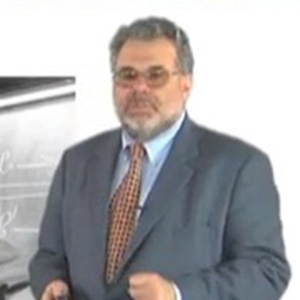
David Botstein has been the Director of the Lewis-Sigler Institute for Integrative Genomics at Princeton University since 2003. (For more information on this institute and its unique program, see Botstein’s talk. Prior to this, Botstein was a professor at the Massachusetts Institute of Technology and Stanford University. He also worked in the biotechnology industry as… Continue Reading
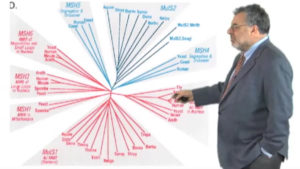
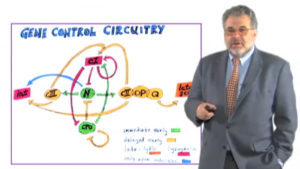

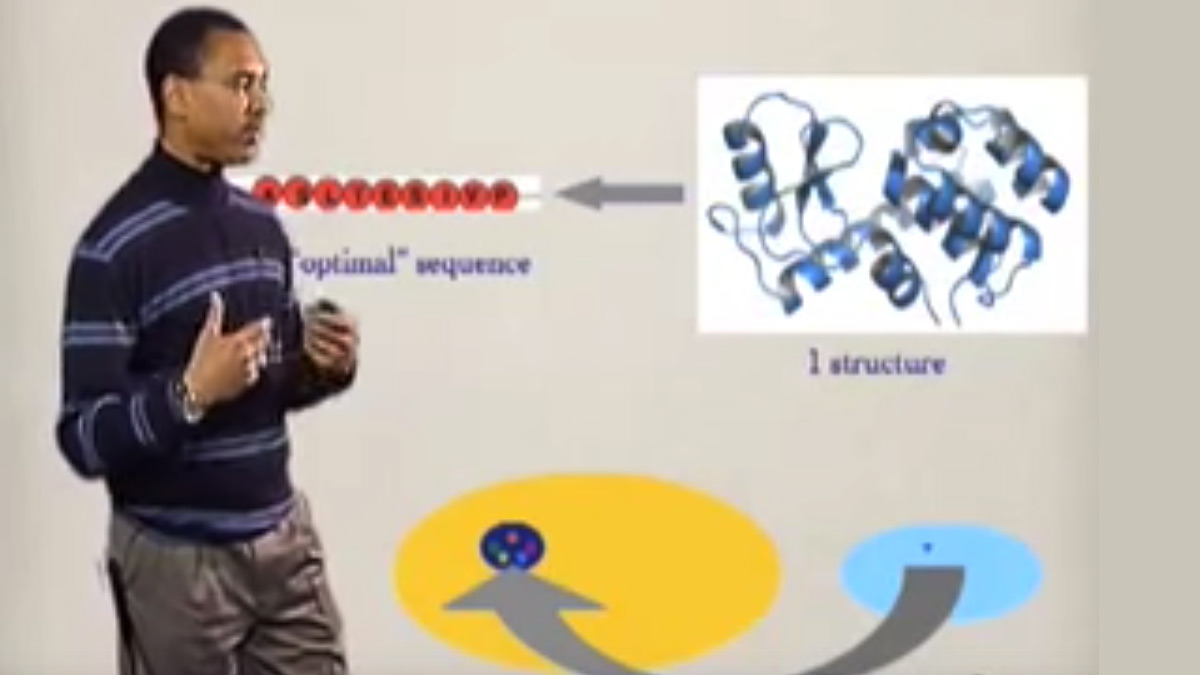
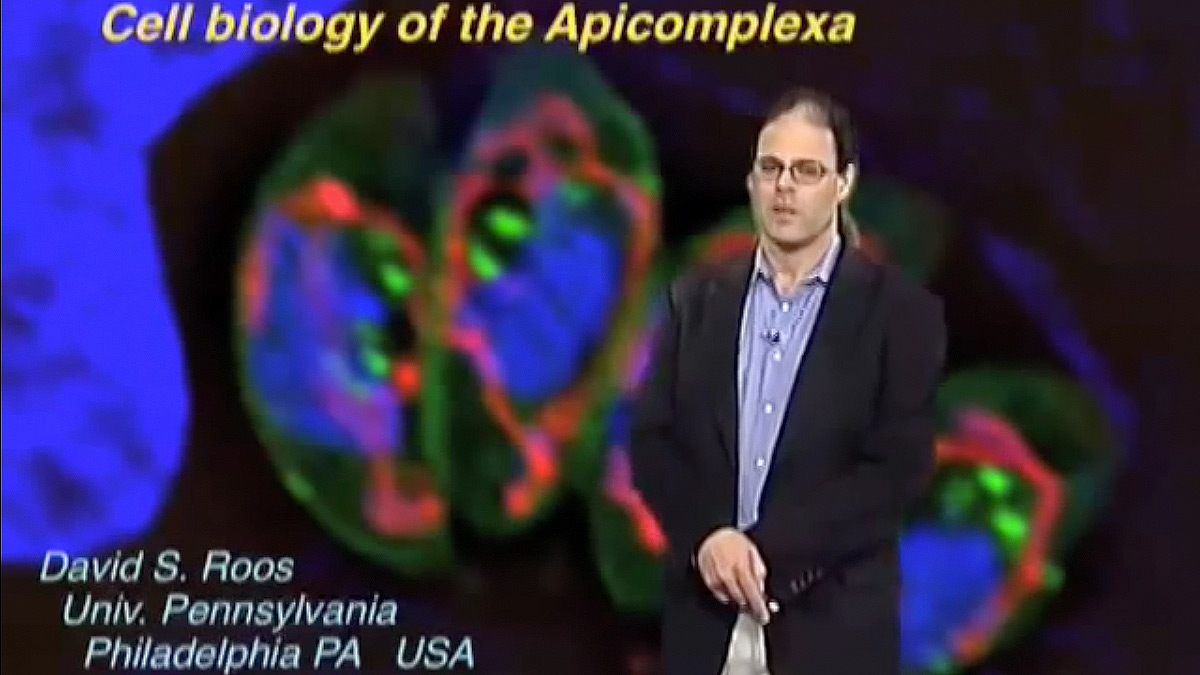






Leave a Reply